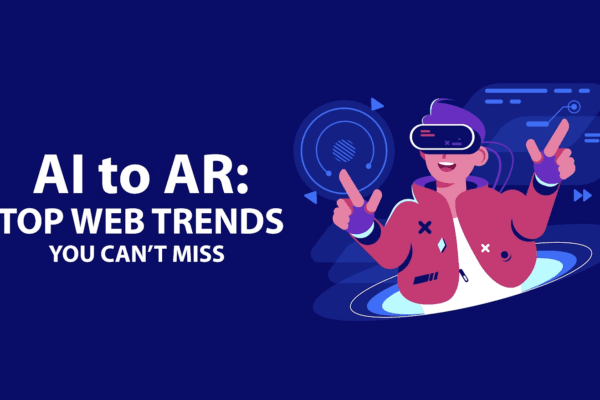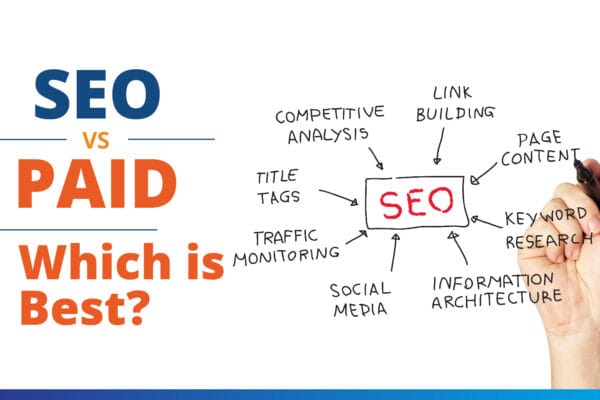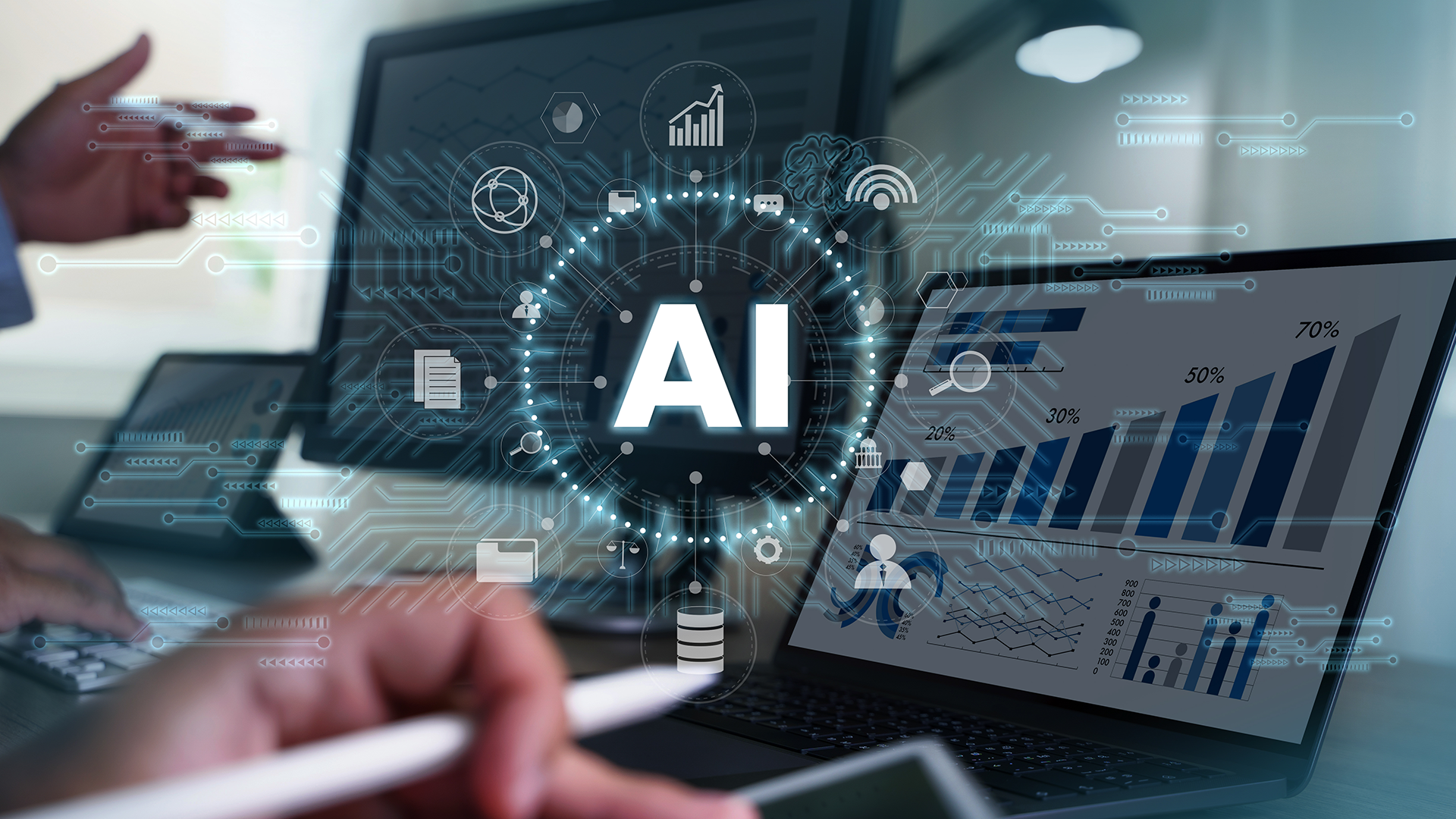
Digital marketing is all set to significantly change in 2025. Artificial Intelligence (AI) will play a major role in helping organisations maintain their competitiveness with the advancement of digital marketing. According to Adobe research, conversion rates are likely to increase by 20% with AI powered advertising.
What is AI?
Artificial Intelligence (AI) is the ability of computer-controlled robot to perform tasks associated with intelligent beings. To apply AI, one needs data. AI algorithms are trained to use datasets in order to identify patterns, make predictions and recommend actions faster and better.
The primary task of SEO services agency to identify what exactly users are searching for related to a particular product or service. Secondly, a relevant content must be created and various SEO techniques must be applied. While choosing SEO services in Hyderabad, make sure you choose the one that delivers quality results in terms of ranking and visibility.
Why is AI important in digital marketing?
Marketers are moving away from traditional marketing to personalised, data driven approaches. As AI is transforming the future of digital marketing, there is a paradigm shift towards AI driven strategies leading to a significant leap in business approach to marketing. This shift helps businesses predict trends and create more impactful campaigns that resonate with target audience. AI in digital marketing helps:
- Get clarity on customer preferences
- Precise ad targeting
- Predict trends
- Generate personalised content
- Boost productivity
- Improve ROI
- Stay competitive
- Save cost and increase profitability

What are AI marketing tools?
AI marketing tools use data and customer profiles to learn how to communicate best with customers and serve tailored messages at right time to right audience ensuring maximum efficiency. AI tools help run effective campaigns which are quick and precise leading to improved customer experience.
Let’s take a quick look at AI tools that will shape the future of digital marketing:
Practina – Simplifies social media marketing.
Acquisio – Cross channel PPC management.
Bramework – Keyword analysis and blog building.
Cortex – Optimises social media content.
Drift – Chatbot AI.
Hub spot – Inbound lead generation.
Conversica – Engage customers in authentic conversations.
Pattern 89 – Predictive marketing for FB, Insta and Google ads.
Crayon – Tracking and analysis.
Let us look at some key points on how AI will transform digital marketing in the coming days.
Hyper-personalised marketing
This strategy enables brands to customise their ads, products and services to satisfy specific customer needs, leading to greater responsiveness. AI enables real time personalisation by adapting the marketing message based on individual customer interactions. For example, sending personalised messages such as “you’ve left an item in your cart, use code XXX to get 20% discount and complete the order” will have a higher click-through rate. Based on customer data, AI algorithms can serve up personal recommendations that align with customers’ unique preferences. This level of personalisation enhances customer experience and drives higher engagement and conversion rates.
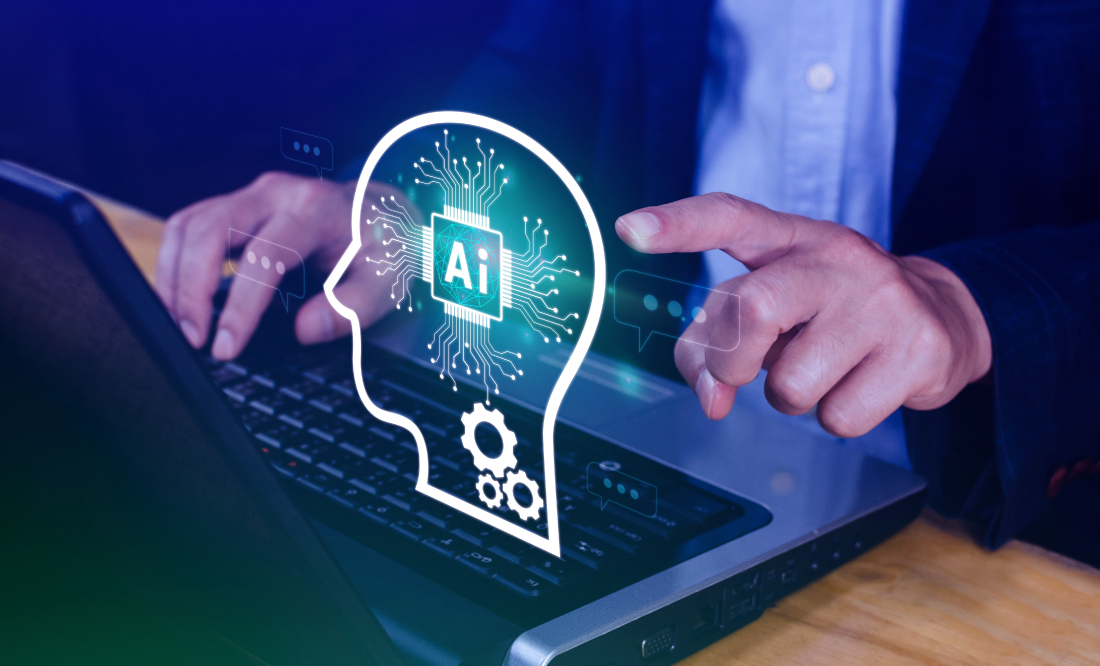

Predictive analytics
AI Algorithms can predict customer behaviours and future trends with remarkable accuracy. AI-powered predictive analytics can help in making better data-driven decisions in targeted advertising. By analysing data and factors such as browsing pattern, purchase history and demographic data, AI models can anticipate customer needs. This helps in optimising campaigns, adapting to changing customer behaviour and engaging them with relevant offers.
Enhanced customer experience with AI-powered Chatbots
Interactive content created using AI, such as quiz, surveys can engage customers and enhance their experience. It can further help in gaining customer feedback and insights, to improve products and services. AI-powered chatbots provide personalised 24/7 real time customer support, promptly responding to queries and requests. WhatsApp chatbot is the future of digital marketing. Chatbots can analyse user data to find trends and insights to improve marketing campaigns and target users. While customers can get quick responses to inquiries, companies can reduce customer service costs and increase efficiency.
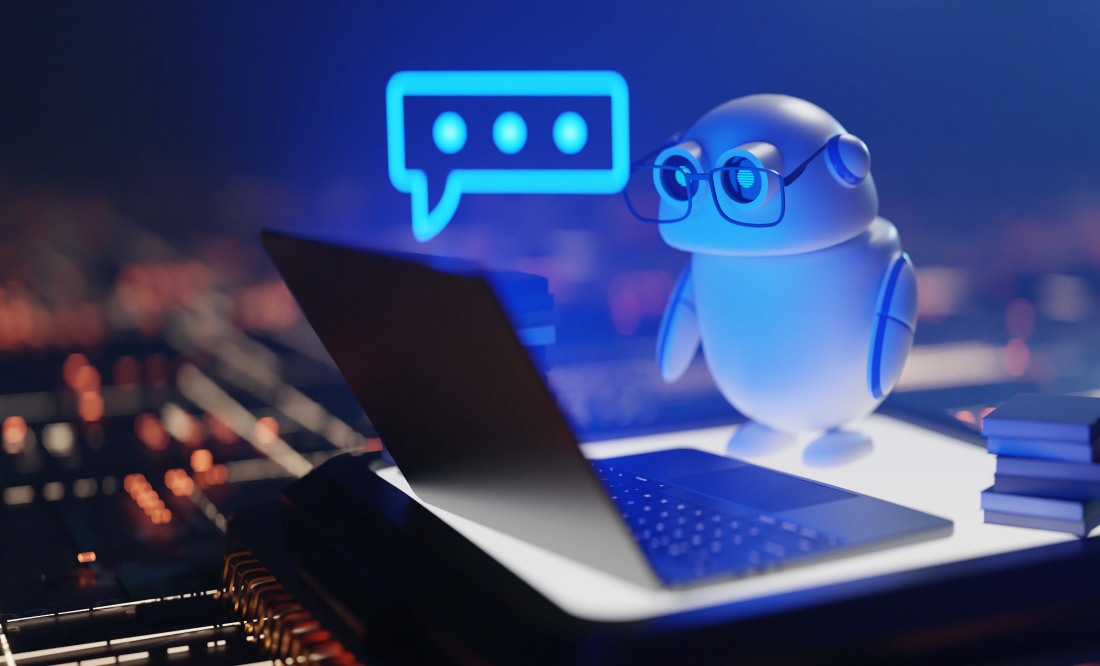
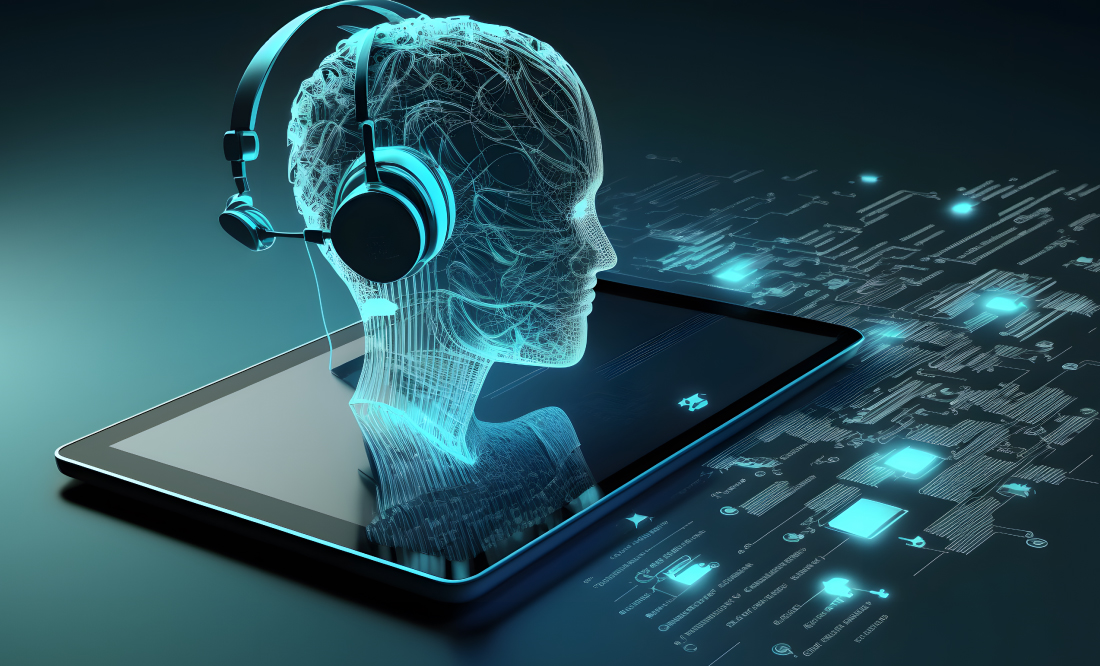
Voice search optimisation
Optimising content for voice search is becoming more important with people increasingly using voice assistants such as Siri, Alexa and Google Assistant to search information. Instead of relying on keyword centric searches, AI-powered voice assistants leverage natural language processing algorithms to interpret user intent and deliver relevant results.
Fraud detection
AI can be used to detect and prevent fraud in e-commerce transactions, protecting both customers and businesses. By analysing transaction patterns and data related to customers, AI can detect suspicious or unusual transaction patterns, identify suspicious IP addresses and help prevent fraudulent transactions.


High-quality and engaging content creation
Open AI’s Chat GPT is revolutionising content creation. From product descriptions to social media posts, articles, reports and blogs, AI can generate high-quality content that can be customised to suit different platforms and audiences, to improve engagement. Other AI tools like Practina, Paraphraser and Copy.ai help create successful campaigns with great impact, while minimising time and effort.
Are there any challenges in using AI?
Though AI is transforming the future of digital marketing, it has its own challenges. One of the major challenges is ensuring accuracy and integrity of data. AI algorithms rely on data to make predictions. If the data happens to be biased or incomplete, that can cause inaccurate results. AI can automate tasks, provide insights to optimise marketing but it may not always be accurate. Secondly AI cannot replicate qualities like complex emotions and motivation. It may lack creativity. All results are dependent on the data fed to AI. So, it cannot create a unique or imaginative idea. Another challenge is the unethical use of AI in marketing. It is essential for businesses to be transparent about how responsibly and ethically they use AI.
Today, ignoring Artificial Intelligence (AI) is not an option. We have to live with it and sooner we adapt, better it is for progress as AI holds immense potential to transform digital marketing. AI is our present and future. However, one must remember it is not a threat as it will help marketers change for better and enhance effectiveness in routine tasks.
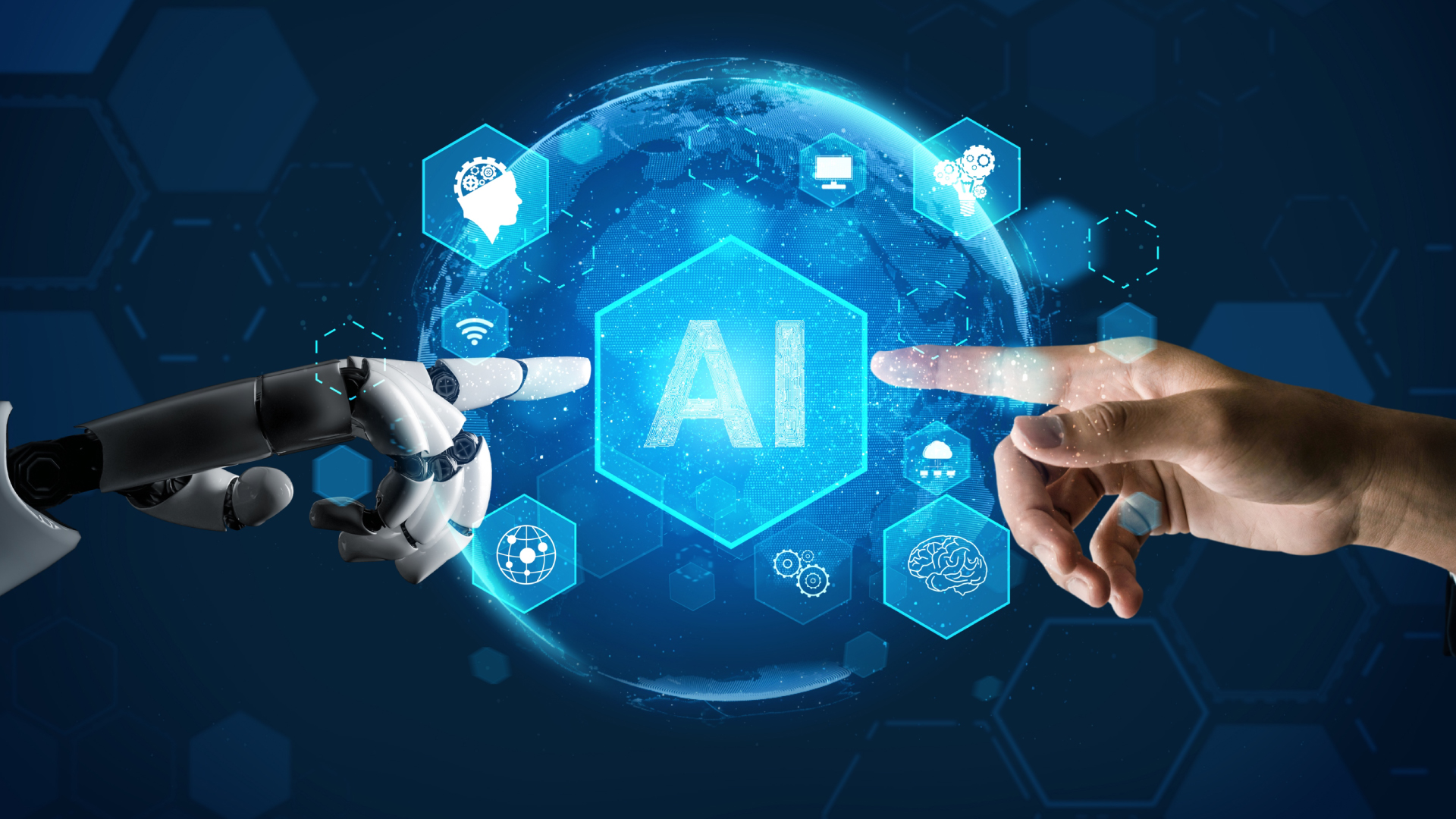
Let us know your thoughts about how AI is changing digital marketing. We would love to hear from you.

